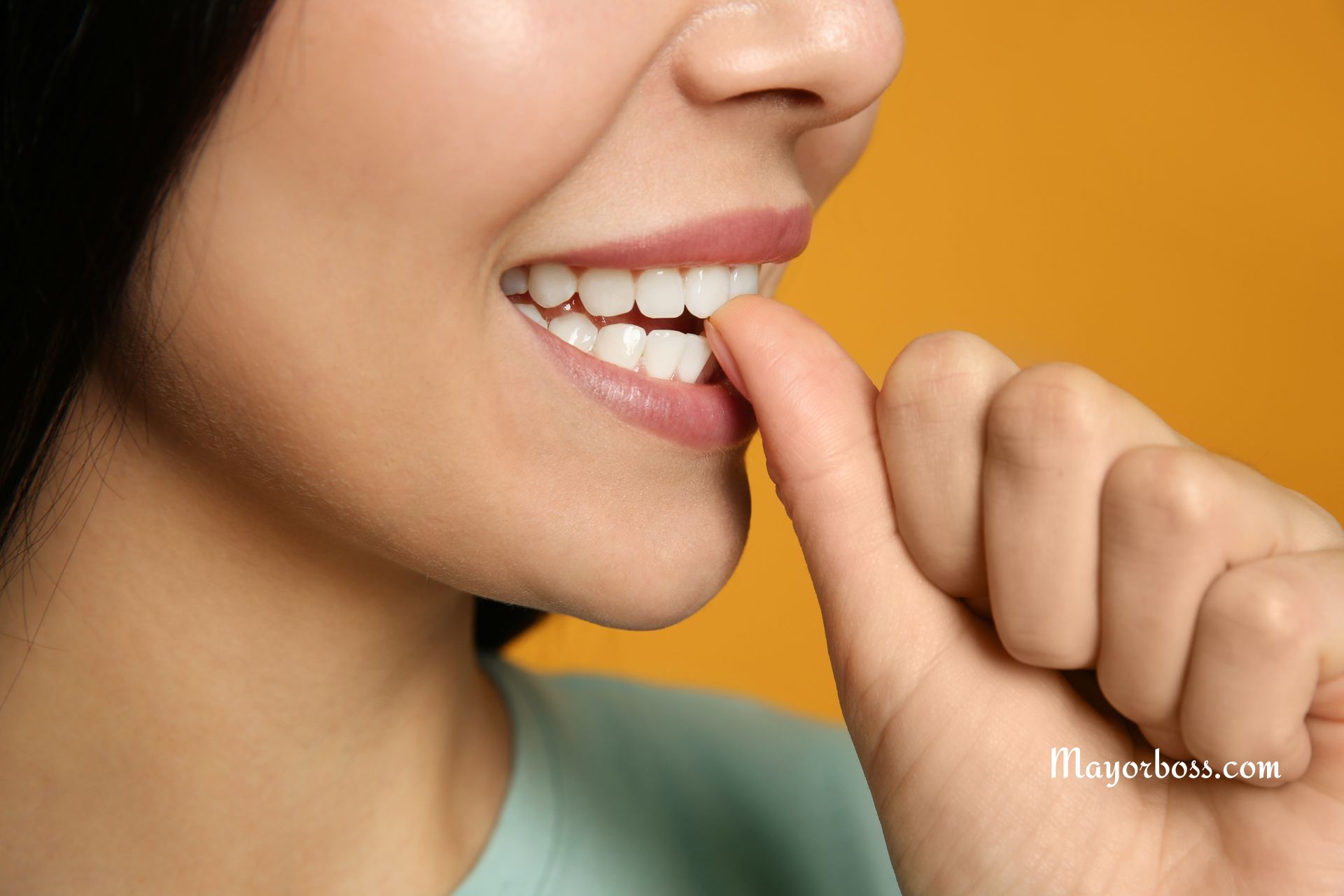Nail Biting Is A Sign Of This Personality Trait
Have you ever caught yourself chewing on your nails and wondered why you do it, especially during moments of boredom or stress? Surprisingly, this common habit, known as nail biting or onychophagia, can reveal fascinating insights into your personality and how you cope with life’s challenges. Let’s delve into what nail biting may signify about your character and how understanding this behavior can offer clues to managing it better.

Understanding Nail Biting
Nail biting isn’t just a bad habit. It’s a behavior often rooted in emotional or psychological factors. Many people bite their nails in response to stress, anxiety, or even boredom. It serves as a coping mechanism, providing temporary relief or distraction from uncomfortable feelings or situations.
The Psychology Behind Nail Biting
Researchers have linked nail-biting to certain personality traits, suggesting that individuals who engage in this habit might share common characteristics. Here are a few key insights:
A Sign of Perfectionism
Surprisingly, nail biting has been associated with perfectionism. People with perfectionist tendencies are often not satisfied with their work or performance, leading to increased stress and anxiety. Nail biting, in this context, becomes a way to release pent-up energy or frustration resulting from their high personal standards and the constant strive for perfection.
Stress and Anxiety Relief
For many, nail biting is a stress-relief tool. When faced with challenging or nerve-wracking situations, biting your nails can offer a momentary escape. It acts as a physical manifestation of internal turmoil and a way to soothe oneself during moments of anxiety.
Boredom and Inactivity
Nail biting isn’t always triggered by negative emotions. Sometimes, it’s simply a response to boredom or inactivity. When the mind lacks stimulation, engaging in physical habits like nail biting can provide a sense of occupation or distraction.
Managing Nail Biting
Recognizing why you bite your nails is the first step toward managing this habit. Here are a few strategies to help you reduce or stop nail biting:
- Identify Triggers: Pay attention to when and why you bite your nails. Knowing your triggers can help you avoid them or prepare alternative responses.
- Find Alternatives: Replace nail-biting with healthier habits, such as playing with a stress ball or doodling, to keep your hands busy.
- Practice Stress Management: Since stress and anxiety are common triggers, incorporating stress-reducing activities like exercise, meditation, or deep breathing exercises into your daily routine can be beneficial.
- Use Reminders: Physical barriers, such as bitter-tasting nail polish, or visual reminders, like stickers on your nails, can help deter you from biting.
Frequently Asked Questions
1. Can nail-biting be harmful?
Yes, frequent nail biting can lead to several issues, including damaged nail beds, infections, and dental problems. It’s also a way to transfer germs from your hands to your mouth, increasing the risk of illness.
2. Is nail biting a sign of a more serious condition?
While nail biting is a common habit, excessive or compulsive biting may be associated with emotional or psychological conditions like anxiety disorders. If you’re concerned about your nail biting, consulting a healthcare professional can provide clarity and direction.
3. How long does it take to break the nail-biting habit?
Breaking any habit varies from person to person, depending on the individual’s commitment, the strategies they employ, and their underlying reasons for the behavior. With consistent effort and suitable coping mechanisms, many people see improvement within a few weeks to months.
